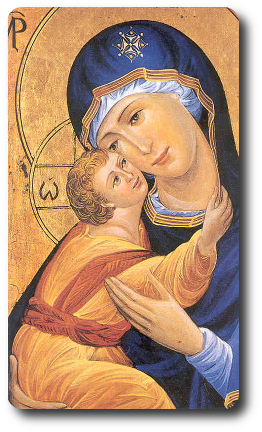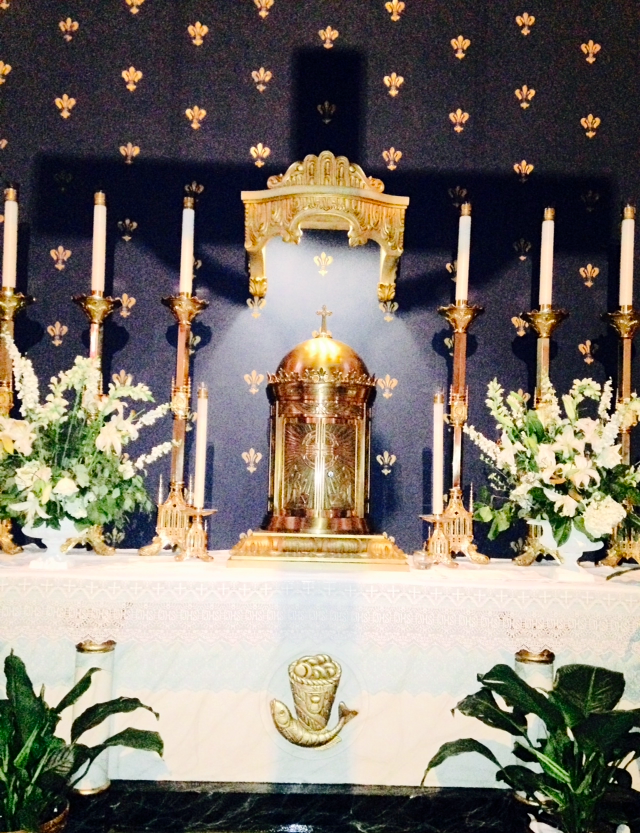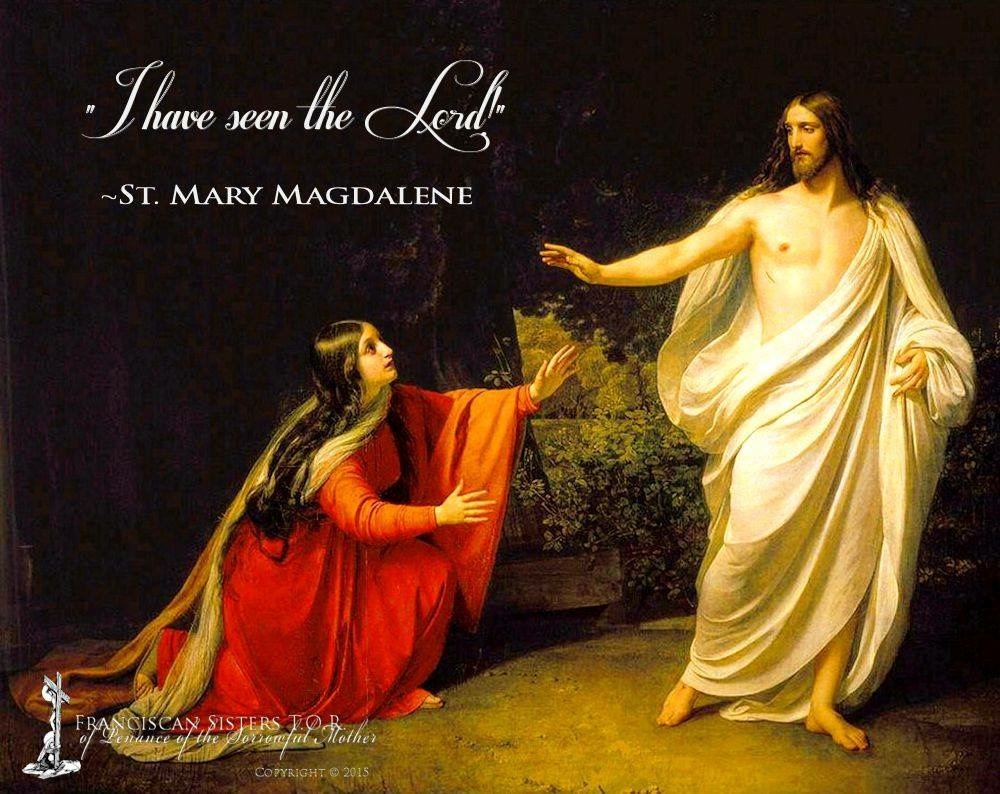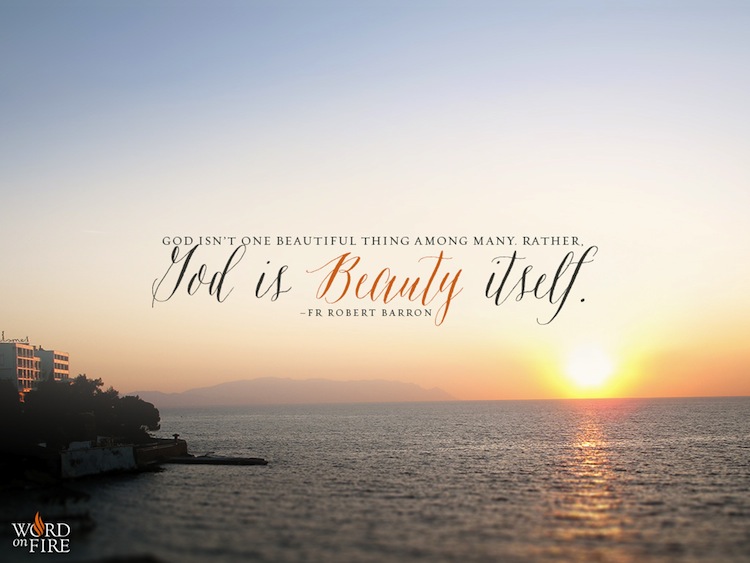“I was scandalized by the story of the prodigal son,” Fr. Maximo shared as he stood on the altar before hundreds of us who came together to celebrate Communita Cenacolo’s Festival of Life—all united because we have experienced first hand the ravages of addiction in our families. “I was the elder brother, I had done everything right, and I was outraged that the Father would show that kind of mercy to the son who squandered everything. It was a scandal to me.”
My husband, Mark, and I looked at each other knowingly, shaking our heads in acknowledgement. We’d been discussing this very topic for weeks; as we sadly observed the division, accusations, nail biting and downright panic increasingly explode in the Church over Pope Francis’ fervent call to mercy. As the Extraordinary Jubilee Year of Mercy approaches on the Feast of the Immaculate Conception (December 8), Pope Francis has reminded us that “the Church’s first duty is not to hand down condemnations or anathemas, but to proclaim God’s mercy, to call to conversion, and to lead all men and women to salvation in the Lord”* (cf. Jn. 12:44-50).
What is this mercy of which Pope Francis constantly speaks? And why does it scandalize so many of us? As Pope St. John Paul II explained it in his encyclical Dives in Misericordia (“Rich In Mercy”), God’s mercy “showed itself…as love that gives, love more powerful than betrayal, grace stronger than sin.”*
The families of Communita Cenacolo experience the mercy of God concretely when we show up at the Community’s doors, our lives in shambles from addiction and its beastly effects. Most of us are exceedingly happy to find such a place to bring our desperate children, hoping against hope that the Community will “fix” them and set their lives aright. We quickly learn that the focus of the Community is not to “fix” our children. It is instead to introduce them to a loving, merciful God, who like the prodigal son’s father, runs to meet them with open arms and a heartfelt kiss. It is to convey to them the inestimable gift of their very existence, and to communicate to them the truth that God loves them personally and passionately, no matter what they have done. The Community invites our children to open themselves to God’s mercy—the place where His infinite love meets their most wretched sins. And it extends the same invitation to us.
Many parents show up at the Community as elder brothers, shouldering a long list of grievances of what our addicted children have “done to us”—the ways they wronged us, betrayed us, squandered the family inheritance. We are soon challenged to acknowledge the reality that we have all sinned, all been prodigals, all fallen short of the love and glory of God. We are asked to honestly examine our own part in our family drama of addiction, and to admit our faults, failures and sins both to ourselves and to a loving God who takes pity on us and who yearns to greet us, also, in the embrace of His forgiveness and love.
Mercy is not a cheap pass for our wrongdoing. It is, instead, the very intersection where our transgressions meet Love; the place where a personal encounter with Love Himself impels us to change our minds, hearts and lives. This is what conversion is all about.
True conversion of heart—admitting that we are poor and weak, and surrendering completely to the love and mercy of God—eludes those who are convinced they’ve “got it right,” have “done it right,” and therefore “deserve” the feast. It eludes those, as well, who refuse to return to the Father’s house because they are convinced they are too tattered, torn, and tainted to be forgiven. Real heart conversion finds those who awaken to the glance of the Father—a tender, loving Father who has never ceased to long for us, look for us, and await our return.
The more the human conscience succumbs to secularization, loses its sense of the very meaning of the word "mercy," moves away from God and distances itself from the mystery of mercy, the more the Church has the right and the duty to appeal to the God of mercy "with loud cries.” These "loud cries" should be the mark of the Church of our times, cries uttered to God to implore His mercy, the certain manifestation of which she professes and proclaims as having already come in Jesus crucified and risen, that is, in the Paschal Mystery. It is this mystery which bears within itself the most complete revelation of mercy, that is, of that love which is more powerful than death, more powerful than sin and every evil, the love which lifts man up when he falls into the abyss and frees him from the greatest threats.
Pope St. John Paul II, Dives in Misericordia, paragraph 15
*From Pope Francis closing remarks to the Synod of Bishops on the Family, October 24, 2015.
*Pope St. John Paul II, Dives in Misericordia, footnote 52.
To Ponder: Has Pope Francis' call to mercy prompted me to reflect more deeply upon this attribute of God?
To Pray: Father in Heaven, may I receive the gift of your merciful heart with which to embrace myself and everyone you send into my life. Jesus, meek and humble of heart, make my heart like unto Thine. Amen.


![Rembrandt, The Return of the Prodigal Son, [Public domain], via Wikimedia Commons](http://static1.squarespace.com/static/5a109eb12278e7c3c199201d/5a3d59d888199e1a31b2479a/5a3d59e588199e1a31b249e0/1513970149810/1024px-Rembrandt_Harmensz_van_Rijn_-_Return_of_the_Prodigal_Son_-_Google_Art_Project.jpg?format=original)












